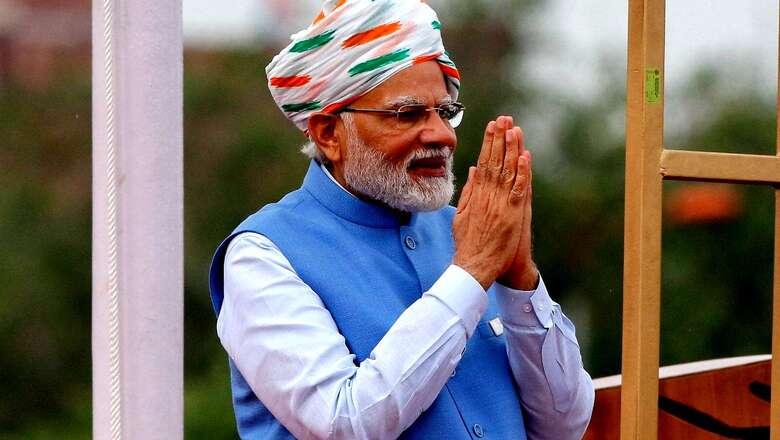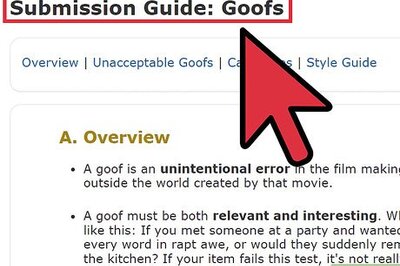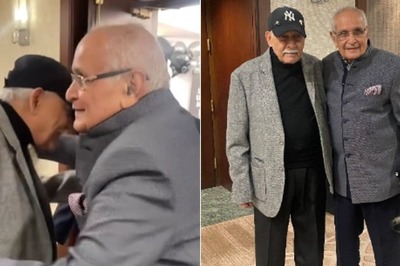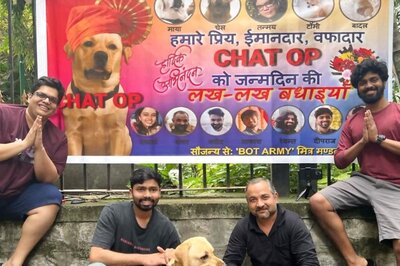
views
The single largest takeaway for any Indian from Prime Minister Narendra Modi’s Independence Day speech from the ramparts of Red Fort on the first morning of the 76th year of a free India is that there is now a deadline for when India must evolve into a developed nation. This is the first time in the history of independent India that a prime minister has presented not only a blueprint with instructions on how we can change our status from developing to developed, but has also put an end-date to the plan — 2047 or India@100. Let this sink in. Never before has a prime minister presented to an aspirational India the ultimate dream to become a developed nation with a deadline to hold themselves, their political party and their government accountable in case of failure.
We Indians, for decades, have made compromises in our aspirations telling ourselves that it is too unachievable a goal and too unrealistic a dream. Partly due to an uninspired, disinterested political leadership, and partly due to our inability to see beyond the servile status that centuries of colonisation has accustomed us to. While we did achieve freedom 75 years ago — the Indian mind is yet to achieve complete independence from this subservient attitude.
It is one thing for politicians to make promises and another to hold themselves accountable to the people in the event of failure to fulfil those promises. Not only has Prime Minister Modi pinned the accountability onto himself and his government, but has also presented a roadmap of how to get there.
Besides an unwavering goal to become a developed country, Prime Minister Modi enlisted four other pillars of the blueprint for India@100: (1) freedom from servile, colonised thoughts and behaviours; (2) pride in our ancient heritage; (3) unwavering unity amongst Indians (4) citizens’ duty towards nation building. He reiterated how we need to free ourselves from any leftovers of a colonial mindset and truly take pride in our traditions passed on to us from our ancestors.
From time immemorial, India has known how to co-exist with nature and maintain man-nature harmony as evidenced by our scriptures. Our scriptures written thousands of years ago have the solutions to today’s contemporary problems like global warming, human health issues and such. Holistic living with a family-centric unit has been practised by India for centuries, but it is only now that the world has begun to recognise the true value of our practices. He stressed on the fact that despite attempts to break our unity, it is important to identify and ignore these forces, because it is the collective energy of our unity which will drive the big change required for our big leap.
And lastly, he reiterated how important it was for all Indians to carry out duties diligently in order to contribute in this mega nation building exercise. A line from his speech which may have resonated with many of us, forcing us to give specific attention to our roots, values was, “Hum woh log hai to nar mein narayan dekhte hain, jo nari mein narayani dekhte hai, jo nadi ko maa mante hai aur jo kankar mein Shankar dekhte hai.”
Another chord which resonated several times through his speech was of women equality. He reiterated many times over how women — about half of our population — are poised to play a crucial role towards achieving our dream of becoming a developed nation. The anguish he expressed towards attitudes which demean women, treating them as second-class citizens, was impossible to miss. He went on to enlist our strengths and weaknesses, speaking from the vast troves of his experiences from 20 years of public service.
India is a great dichotomy and there is no contest in that fact. While we are touching the avalanches of developing and adopting cutting-edge technology, we still have Indians who remain disconnected in the rural hamlets of the country. While we have Indians at some of the top jobs in the best organisations in the world, there are still many of us who struggle to receive decent education and satisfactory employment. There are innumerable examples like these.
But what sets Prime Minister Modi apart from his contemporaries around the world and the leadership India has had thus far is that he sees strength even in our vulnerabilities. He keeps his ears firmly rooted to the ground, knows how all of India, with its dichotomies, can be invigorated time and again to create mass movements. He can inspire all Indians to take action, urgent action — as evidenced by Junta Curfew, Covid-19 vaccination drive and most recently Har Ghar Tiranga. He inspires India to stop chasing Western definitions of modernism and embrace our roots — he acknowledges our great civilisational glory, the wealth of knowledge in our Vedas, our magnanimity lost to the constant plunder by colonisers and our great heritage passed on to us by our ancestors. He inspires confidence in 130 crore Indians, and it is this confidence that unites us like an overwhelming force.
There is no doubt in my mind that his words inspire a generation of Indians who have otherwise been influenced to feel ashamed of our heritage and habits and for lacking western sophistication in thought and speech. Compounded with crisp policies which uplift and enrich the life of billions of aspirational Indians with a new-found confidence on account of his inspiring words, India@100 is destined to be a major power centre, an economic powerhouse and several steps closer to the pre-colonised glorious India.
Priyam Gandhi-Mody is an author and political communications strategist. ‘A Nation to Protect: Leading India through the Covid Crisis’ is her third and most recent book. The views expressed in this article are those of the author and do not represent the stand of this publication.
Read the Latest News and Breaking News here



















Comments
0 comment